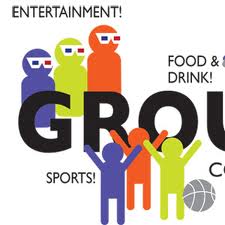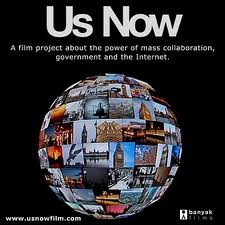 Two snippets from recent interesting episodes on Charlie Rose:
Two snippets from recent interesting episodes on Charlie Rose:
1) Andrew Mason, cofounder of Groupon, was on Charlie Rose the other week. He stumbled upon Groupon while trying to launch “The Point” about social change and online collective action on the web, but users found they were being asked to do something too amorphous.
He describes the social component of Groupon (which he insists is trying to change the world by repopulating Main Street):
“Question (Charlie Rose): What do Facebook and Twitter mean to you?” Mason: “Groupon is an inherently social service because the content is inherently social — it’s restaurants, it’s theater…” Rose: “Today’s NY special is yoga lessons.” Mason: “I’m sure you do yoga with your friends. When people get this yoga deal they send it to someone else and say let’s do it together. Facebook and Twitter are a way for people to spread the word.”
2) In another Charlie Rose episode, Ken Auletta, Michael Malone and David Kirkpatrick were talking about how 500 million users on Facebook is causing companies to rethink about how to reformat their products to make the experience more social and make greater use of social marketing. Michael Malone: What other product reaches 500 million people (Coca Cola, KFC?). It’s literally changing the way young people think. Goldman’s recent deal with its implicit valuation may put greater scrutiny on Facebook for being regulated. David Kirkpatrick: Facebook wants to change the world. Zuckerberg’s not in it for the money. He wants to make Facebook available to as many of the 7 billion people on the planet as possible. He wants to make everything we do more social. As Facebook is more mobile, we are bringing our friends everywhere we go. We can ask our friends (via Facebook) at the supermarket whether they like this product or that. Ken Auletta: why do I need Google if I can ask my friends on Facebook what camera to buy? Michael Malone: Linked-in [the leading competitor to Facebook] is of course the network of professional people and is feeling its way around how you go beyond just swapping business cards and actually aggregating people on projects, starting companies….Reed [Hoffman, the CEO] is moving fairly quickly to create the virtual corporation, the protean corporation where people work in the cloud and aggregate on projects. We’re seeing more local geographic-based social networks that center on restaurants, local events. There’s a website where you can leave a virtual postcard at a store for others to find out you were there.
See Charlie Rose interview on Future of Social Networking (January 7, 2011)
See Charlie Rose interview with Groupon CEO Andrew Mason (December 9, 2010)

